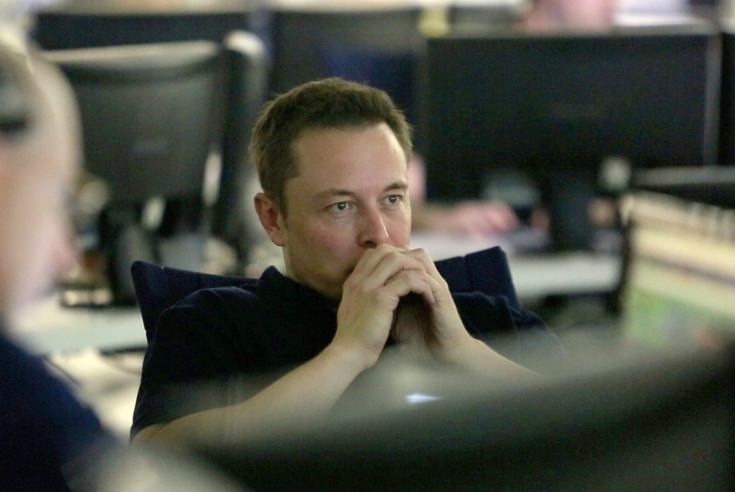Twitter Seeks Financial Evidence Against Elon Musk And Subpoenas Banks

Dozens of subpoenas issued by Twitter to a number of banks, to determine if Elon Musk allegedly conspired to scupper his $44bn deal
Twitter continues to pursue Elon Musk and has begun subpoenaing banks and financial institutions, as its seek to gather more evidence against him.
The platform is currently suing Musk over his attempt to terminate his agreed $44 billion deal to acquire the social media platform.
Twitter had repeatedly warned Elon Musk it would enforce the deal he signed, and insisted that his justifications of Twitter’s material breaches of the deal, were “false and misleading representations” statements.

Legal battle
Musk filed a countersuit against Twitter, and now the two sides are headed to a Delaware Court of Chancery on 17 October, after a win for Twitter, which had sought a trial as early as September over concerns that the uncertainty over the deal was harming its bottom line.
Musk’s legal team had initially requested a date in February 2023, before suggesting the 17 October date.
The social media firm agreed on condition that the trial could be concluded in five days.
Now Reuters reported that Twitter is attempting to find evidence that Elon Musk tried to torpedo the financing of his $44 billion takeover deal.
It is also reportedly looking into his motivation for backing out of the deal.
Twitter has reportedly sent dozens of civil subpoenas this week to global banks such as units of Morgan Stanley, co-investors in the deal including an affiliate of Brookfield Asset Management, and Musk advisers, according to filings over the past two days in the Delaware Court of Chancery.
According to Reuters, the subpoenas seek documents and communications concerning the deal, its financing, any information on “bot,” or fake, Twitter accounts.
They also seek information that the recipients may have about potential impact on the deal from changes in the stock price of electric car maker Tesla.
Sabotaging deal?
Reuters quoted legal experts as saying that the subpoenas indicate Twitter wants to know what lenders, investors and advisers were saying to each other about Musk’s behaviour after he signed the deal in late April.
“They suspect that behind the scenes he’s been conspiring to blow the whole thing up,” Minor Myers, a professor at UConn School of Law, was quoted as saying.
In the agreement he signed with Twitter, Musk can only back out if something major happens to Twitter’s business, and there is doubt that Twitter’s bot issue may be enough of a justification.
Twitter can demand the $1 billion (£836m) contractual breakup fee from Musk, if he reneges on the agreement.
But Musk cannot be ordered to close the deal if his financing fails – provided he was not the cause of the failed funding, the legal experts told Reuters.
Twitter’s subpoenas focused on what they said was the firing of Bob Swan, an operating partner at venture capital firm Andreessen Horowitz, who initially led Musk’s efforts to finalise deal finance.
He was replaced by Antonio Gracias, a long-time Musk associate, according to Twitter’s lawsuit.
Brian Quinn, a professor at Boston College Law School, was quoted by Reuters as saying that Twitter seems to want to know if “Gracias had any role in getting financing done or if he was just supposed to slow things down.”
Truth seeking?
Theodore Kittila, a Delaware corporate litigator, reportedly said Twitter is trying to determine what Musk was saying privately while publicly sending tweets that he was concerned about bots and fake accounts on Twitter.
“They are trying to climb in there, behind the tweets,” Kittila was quoted by Reuters as saying. “They are looking at emails and trying to divine the conversation that actually occurred and what drove his decision to suspend the deal.”
Reuters reported that Musk meanwhile has sent his own subpoenas over the past two days to Concentrix Solutions Corp, a data analytics firm, and TaskUs USA, which moderates content.
Musk’s subpoena questions were filed under seal.